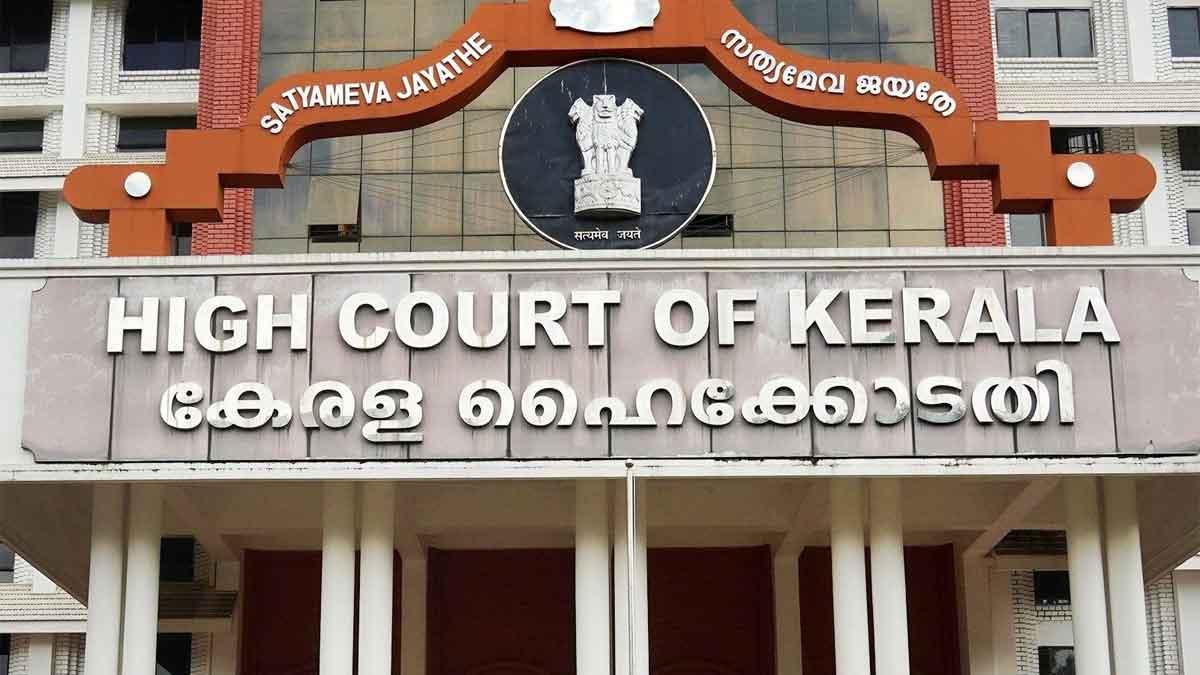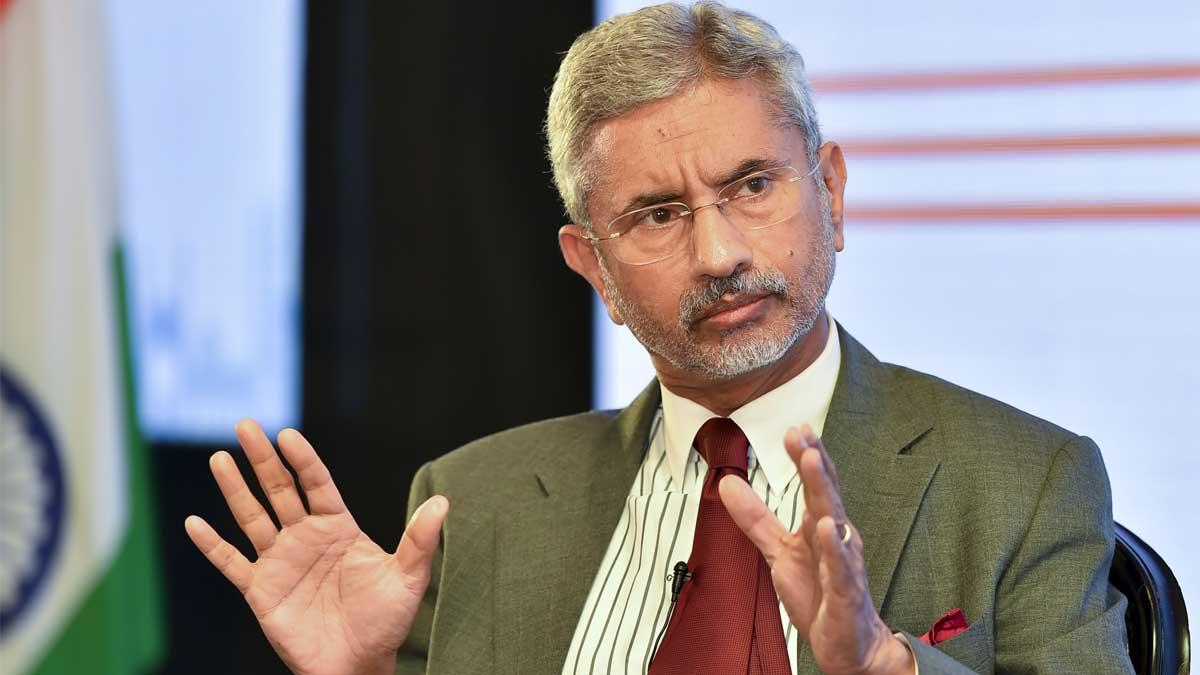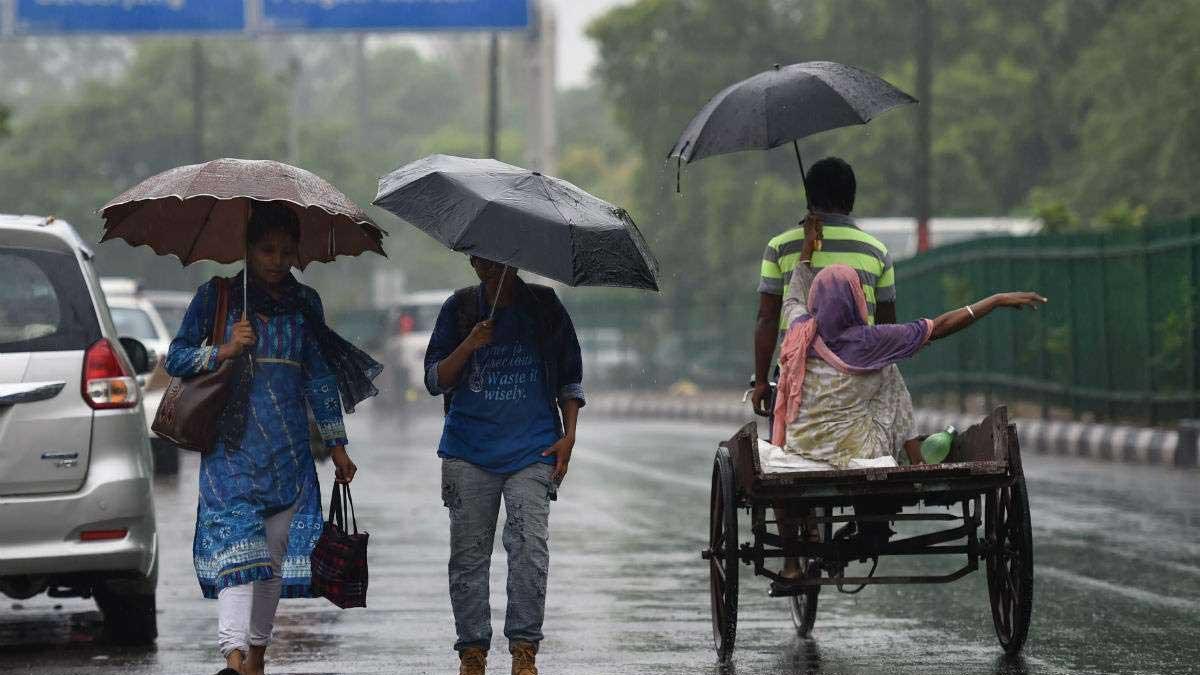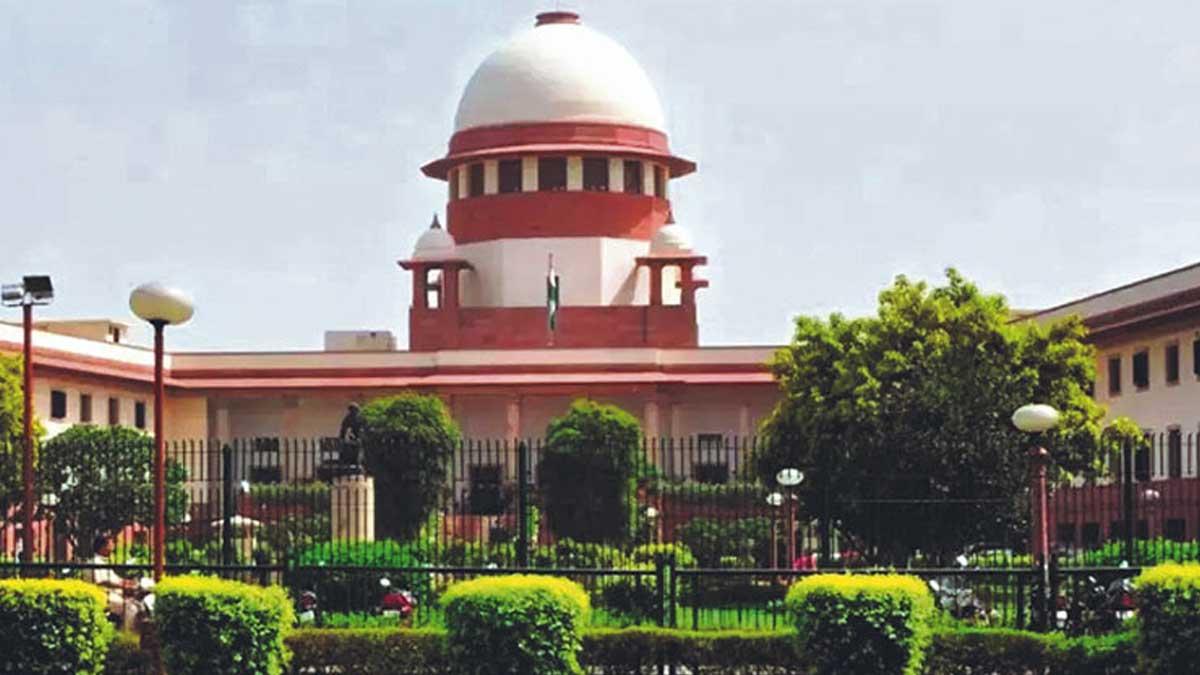A striking ruling by the Kerala High Court has underscored that a rape victim should not be compelled to bear the child of her rapist. Emphasizing the right interpretation of Section 3(2) of the Medical Termination of Pregnancy Act, the court very clearly emphasized that the pregnancy can be terminated if continued, it will risk the physical or mental health of the pregnant woman.
The court clearly stated that under Explanation 2 of Section 3(2), the mental trauma incurred by a pregnancy due to rape is presumed to be a severe injury to the woman's mental health. Therefore, forcing a rape victim to carry the child to full term would be contrary to her right to live a life with dignity, a right integral to Article 21 of the Constitution.
The court based its order on the trauma that is caused by a pregnancy on rape, especially on a young girl. Such pregnancies are not voluntary or conscious. An out-of-wedlock pregnancy, especially in the context of rape, would come with hazardous implications for the physical and mental health of the victim, further making her position worse.
The direction received was based on a petition filed by the mother of a 16-year-old rape victim, who sought to give permission for the abortion of her 28-week pregnancy. The rape case was committed by her older "lover" when she was in the 9th grade. This MTP Act allows for abortions only till the 24th week. The court intervened to address the impending issue.
The court has emphasized reproductive rights and with that the right to make the decision regarding the pregnancy as well as safe abortions. In fact, the court has stressed that the interest of the survivor should also be taken into consideration. In the meantime, after a detailed examination by a Medical Board, which opined that the mental and physical health of the girl would be at risk, the court granted the permission for abortion.
The court ordered that if the fetus survived the operation, then all necessary medical treatment has to be given to him by the hospital, and the state shall ensure the child receives medical aid under the Juvenile Justice Act. This holistic approach reflects an understanding that in sensitive cases, protecting the rights and well-being of those survivors is paramount.


















